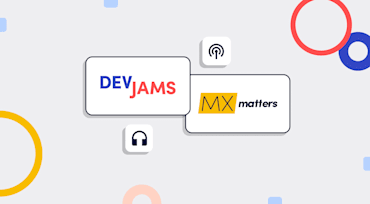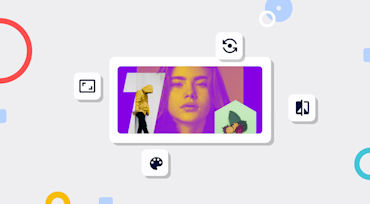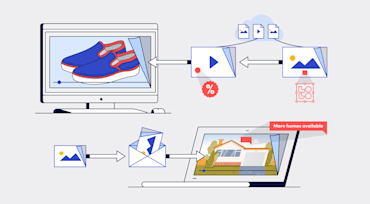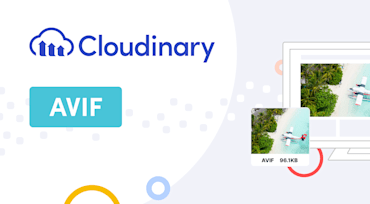It is not every evening that you get executives from leading brands, e-businesses, and media organizations, some of them Fortune 500 companies, in one “room.” That was what made Cocktails With Cloudinary—a virtual mixology experience hosted by Rob Floyd, global liquid chef and star of the hit TV show Bar Rescue—so special.

A picture is worth a thousand words, and that also holds true for video, one minute of which, according to Dr. James McQuivey of Forrester Research, is worth 1.8 million words. That's why online stores rely on rich media to promote products and sales. Images and videos impart a real sense of involvement with a purchase—a car, a vacation getaway, an apartment rental—setting your business apart from the competition.

I think we can all agree images and videos, ubiquitous on today’s websites and mobile apps, are a core component of our digital life. They are no longer just important elements of the visual web story; they are that story. Equally crucial are interactive experiences, such as social discovery, 3D modeling, live shoppable videos, and even artificial or virtual reality.

Although bringing products to life with high-quality video started as a nice-to-have feature, video has become a key part of e-commerce. Consumers expect to see product videos before making purchasing decisions, especially since the COVID-19 pandemic has prevented them from browsing products in person, significantly expanding the e-commerce market.

I still remember well my first week as a DevOps at Cloudinary. The year was 2017. Everything was new to me—people, laptop, processes—all of which to become familiar with in short order. A mantra often repeated to me in those days was that, Cloudinary being a SaaS, continuous service uptime is its most important goal.

Transforming images with Cloudinary is simple, right? You find the ones you want and add them to your URL, building them up and trying them out until they’re perfect. You can then save the transformations that you created as named transformations for reuse. That final step sounds straightforward, but up until now has been a little tricky. With Cloudinary’s slick and new UI, creating and managing transformations through the Management Console just got even simpler. That UI now includes—


Slideshows. Though sometimes boring, they are an essential cog in the corporate wheel, having served for decades as the medium for presentations. For a more lively display, consider combining various media types into a single video slideshow, which could serve as compelling, personalized, and engaging content for your users. Additionally, you can apply sophisticated transition configurations and Cloudinary’s many transformation capabilities.

I can be quite passionate about image codecs. A “codec battle” is brewing, and I’m not the only one to have opinions about that. Obviously, as the chair of the JPEG XL ad hoc group in the JPEG Committee, I’m firmly in the camp of the codec I’ve been working on for years. Here in this post, however, I’ll strive to be fair and neutral.

AVIF is a new image format for the web. Before I tell you all about it, let me show you what AVIF can do.
One way to compare image codecs is to encode the same image in different formats at matched file sizes and then compare the visual quality of the resulting images. For example, I rendered the AVIF below with a q_50 quality transformation. It weighs 12.3 KB and, compared to the lossless original it looks pretty good subjectively.
